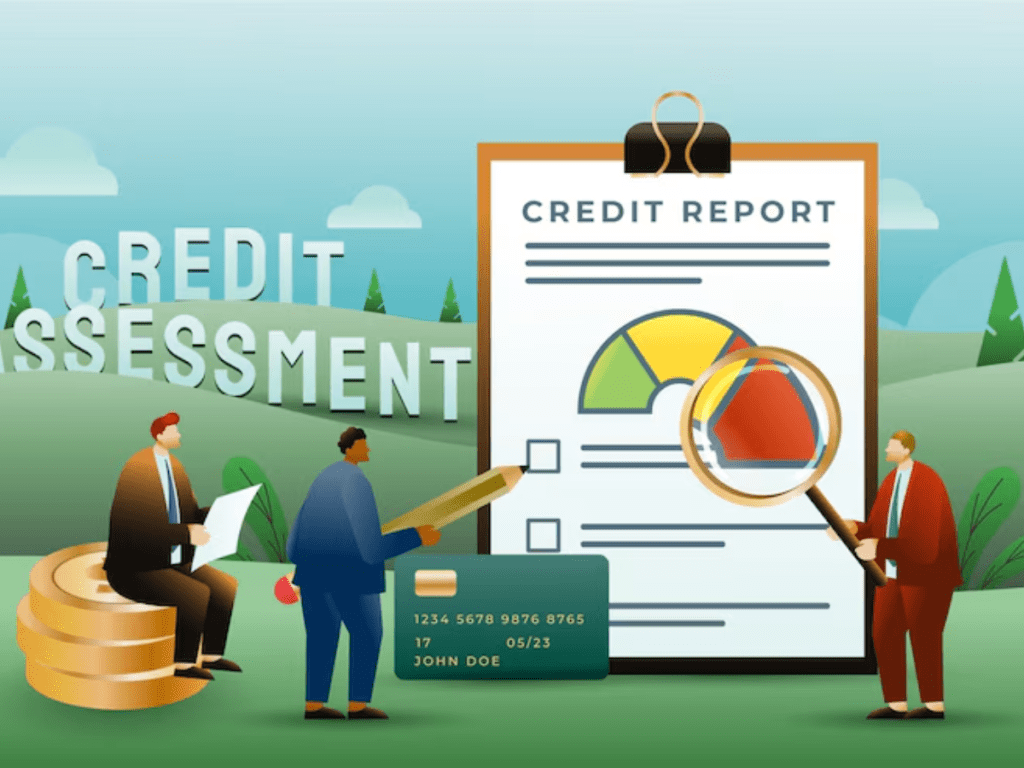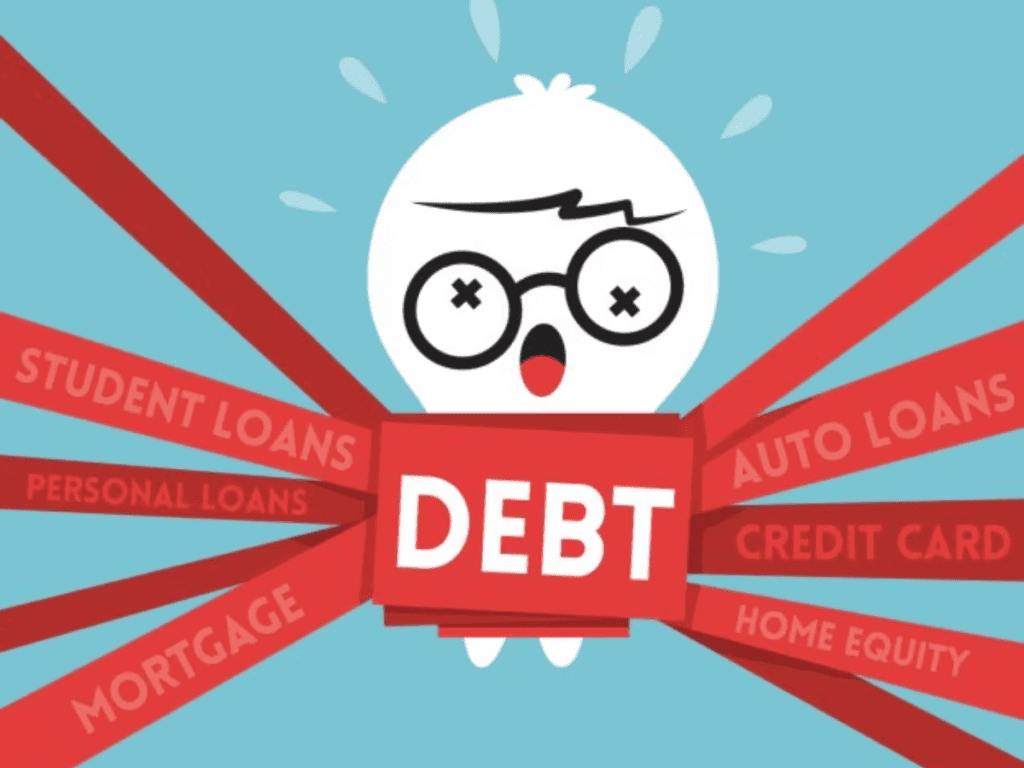Introduction
Predatory lending is a form of lending practice that makes borrowers subject to unfair or abusive terms of a loan. These loans are misleading and are usually structured to make the lender a beneficiary at the borrower’s expense. They generally aim at vulnerable groups like people with low incomes with limited credit access or an inadequate knowledge of complicated financial conditions. These loans can appear to be useful options in a crisis but they often have long-term financial costs that are hard to undo once the borrower is caught in a cycle of repayment
Predatory loans often involve high interest rates charges high fees and secret charges that are not transparently revealed at the point of signing the contract. These terms are often so unfavorable that borrowers find it nearly impossible to repay the debt on time resulting in recurring penalties and increasing the total amount owed. Lenders may also include terms that allow them to seize assets quickly upon default making it difficult for borrowers to recover. Recognizing these characteristics early is crucial to escaping such loans legally and without compromising your financial future
The Effect of Predatory Loans on Borrowers
Predatory loans have the potential to bring ruinous financial results for borrowers. When borrowers miss payments the loan balance can rapidly grow beyond control as a result of compounding interest charges and penalties. This can wreck the borrower’s credit score limit their access to future credit and drive them further into high-cost financial products over time. Borrowers might also suffer anxiety stress and possibly even health issues as they experience difficulty in payment of their finance
Apart from the financial ones these loans will also interfere in other areas of life. For instance people that default on the auto loans would lose their only vehicle affecting how they work or take care of their relatives. The borrowers who sign predatory mortgage loans could end up facing foreclosure and homelessness. The effect is not only economic but highly personal that touches all aspects of life ranging from work and home to emotional health and future prospects
Recognizing the Indicators of a Predatory Loan
In order to combat and ultimately flee a predatory loan it is first necessary to determine if the loan is indeed a predatory loan. Typical warning signs are ambiguous or unposted terms excessive late payment fees the lack of credit checks pushy sales pitches and prepayment charges. Another indication is obscurity in describing the method of calculating interest rates or if they are fixed or variable
Certain predatory loans appear in the disguise of payday loans auto title loans or even subprime mortgages. Such products seem attractive at first glance particularly if they are marketed as fast money for instant short-term needs. But upon careful examination they often have one-sided terms that take advantage of the borrower. If you are unsure whether your loan is predatory considering your contract with a financial counselor or attorney could help clarify whether you are transacting with a predatory lender
Reading Your Loan Agreement Carefully
When you suspect you are dealing with a predatory loan the first active thing you need to do is a careful reading of the loan contract. Read each clause carefully and make sure you know every term. Read especially carefully the interest rates payment terms fees and default conditions. Determine if the lender charged any hidden fees or designed the loan to discourage early payoff or punish it
If the terms are too technical or laced with legal terminology do not hesitate to ask for help from a professional. Most financial guidance services provide free consultations and can assist you in deciphering your loan contract. They can assist you in identifying terms that could be illegal or at least unethical placing you in a better position to act. Understanding what you signed is the basis of any effective plan to exit a predatory loan without legal action or damaging your credit record
Looking into Direct Negotiation with the Lender
After understanding your loan terms and identifying problematic clauses consider reaching out to your lender directly. Although this might feel intimidating many lenders are willing to negotiate especially if they believe it is in their best interest to avoid a complete default. Explain your financial situation clearly and respectfully and propose changes that would make repayment more manageable for you
Requesting lower interest rates extended repayment terms or the removal of certain fees may result in a revised agreement that is less burdensome. It is important to be honest about your ability to pay and to provide any documentation that supports your case such as income statements or records of recent expenses. Keep a careful record of all correspondence with your lender in terms of dates names and content of the call. If your lender will agree to change terms, ask for a revised contract in writing so that there cannot be any misunderstandings
Using Credit Counseling Services
If direct negotiation on your part fails or you are not at ease handling these negotiations yourself credit counseling agencies are a viable option. These not-for-profit groups offer money management education debt counseling guidance and assistance in dealing with creditors. Their counselors serve as intermediaries on your behalf with the lender to arrange a new payment schedule that works within your finances
Credit counselors usually have relationships with lenders prior to your initial contact which might make lenders more willing to work with you on renegotiating terms. They also can consolidate your debts into a single manageable monthly payment. Above all they can educate you as to how you can avoid these types of problems in the future and better your overall financial condition. Cooperation with a credit counseling agency may prove to lenders that you are making responsible efforts to settle your debt which might save your credit reputation
Debt Refinancing or Consolidation as a Solution
A further potential solution to breaking away from a predatory loan is refinancing or consolidating the debt with a more legitimate lender. Refinancing means taking a new loan with improved terms to settle the previous one. Debt consolidation also consolidates several high-interest debts into one loan having a lower interest and an easier-to-manage payment schedule. This process can bring instant relief to your finances by reducing your monthly payments and saving money on the total interest paid in the long run
When taking this option it is important to deal only with reputable financial institutions or lenders with open practices. Investigate possible lenders carefully read all terms of the contract and do not take loans with high initial fees or ambiguous repayment terms. If you have a good credit rating or a cosigner with a good credit rating you can qualify for good refinancing terms. Always shop around for several loan offers and never sign a new contract without knowing its full implications
Negotiating a Debt Settlement Agreement
Negotiating a debt settlement agreement means negotiating with your lender to lower the amount you owe. Under this agreement you agree to pay a lump sum that is lower than the full debt in return for the lender writing off the balance. This can be an effective strategy if you are experiencing extreme financial hardship and cannot pay the loan as agreed.
While debt settlement can negatively impact your credit score it may be a more acceptable compromise than defaulting on the loan altogether. Make sure any settlement is clearly documented and confirmed in writing before making a payment. Working with a professional debt settlement company or attorney can increase your chances of success and ensure that the agreement is legally binding and in your best interest
Filing Complaints with Regulatory Bodies
If the lender is not willing to comply or continues to act unethically you are entitled to lodge complaints with government or consumer protection agencies. There are regulatory bodies to oversee financial institutions and implement laws aimed at protecting consumers from exploitation. In the United States for instance you can lodge complaints with the Consumer Financial Protection Bureau the Federal Trade Commission or your state attorney general’s office
These agencies can investigate the lender and put pressure on them to change their ways or provide relief to aggrieved borrowers. Complaining can also serve you by collecting evidence in case you later require legal representation. Even if you do not plan to go to court having an official record of your complaint can be a very effective tool during negotiations
Legal Protections and Consumer Rights
Most nations have regulatory systems that shield consumers from usurious lending. In the United States regulations such as the Truth in Lending Act the Fair Debt Collection Practices Act and the Equal Credit Opportunity Act offer critical protections. These regulations demand lenders to reveal all loan terms explicitly prohibit abusive collection techniques and prohibit discriminatory lending practices
Knowing your rights under these regulations is crucial to protecting yourself from abuse. For instance, you can have the option to cancel some loans within a few days after signing if you feel you were deceived. Predatory loan agreements in some instances might be held void if they breach state usury laws or have unconscionable conditions. If you feel your rights have been infringed upon see a consumer protection lawyer who can review your case and provide legal advice without involving the court system right away
Only Turning to Bankruptcy as a Last Option
Bankruptcy should be considered only after exhausting all other options. Although it can discharge many types of unsecured debt it comes with long-lasting consequences such as a significant drop in your credit score and limited access to credit for several years. However in extreme cases where your debt is unmanageable and no other solutions are viable bankruptcy may offer a fresh start
There are two usual forms of consumer bankruptcy Chapter Seven and Chapter Thirteen. Chapter Seven entails selling off non-essential property to settle creditors and Chapter Thirteen enables you to restructure debts and pay them back over a period of time under court oversight. Both forms have certain eligibility criteria and long-term consequences so it is vital to consult professional legal counsel before proceeding

